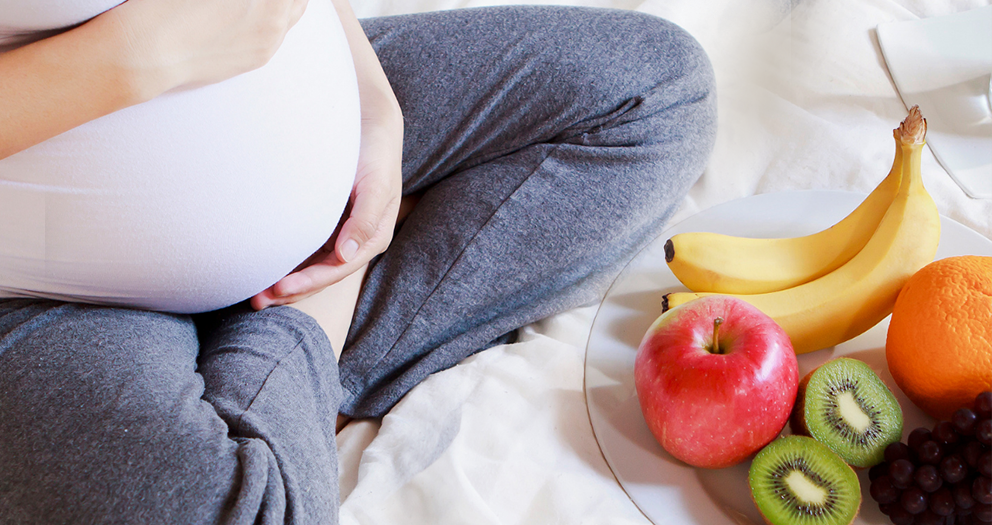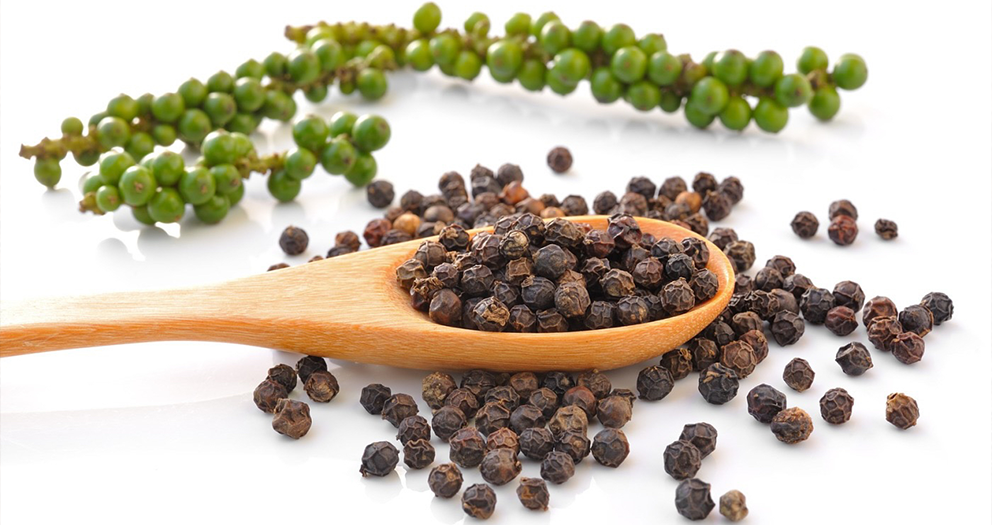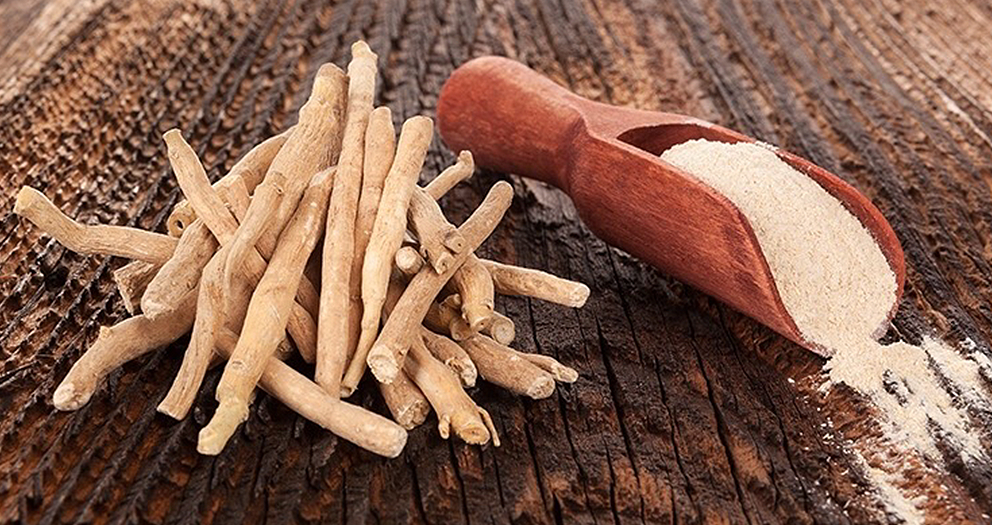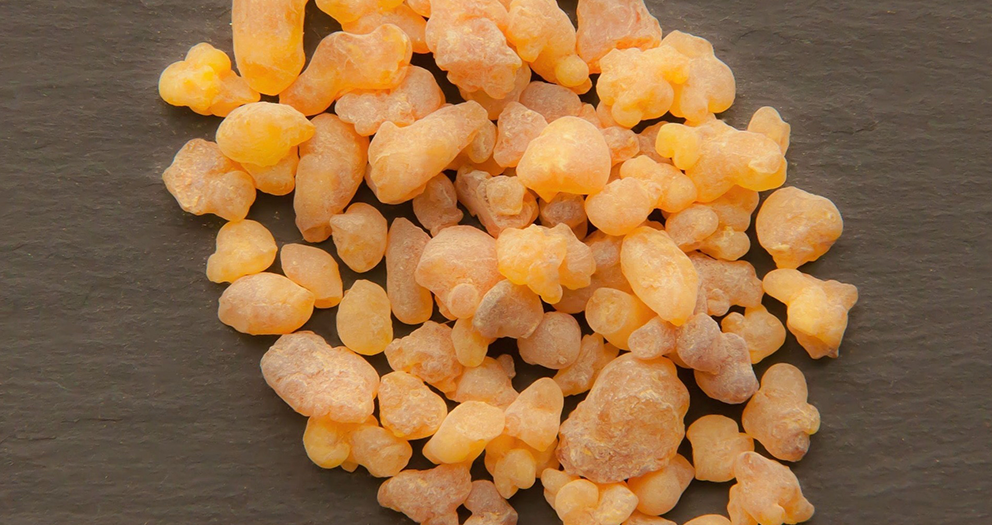Nutritional requirement during pregnancy is one of the most asked queries during the early and later stages of pregnancy. Eating a healthy and balanced diet is one of the major requirements of the body during pregnancy. Food consumed during pregnancy will determine a woman’s health and also the wellness of the developing baby. So, care should be taken in the matter of a woman’s health during pregnancy.
Pregnancy is the period in the life of a woman, where the body goes through a lot of physical and hormonal changes. These changes impact the body in various ways and leave a deep impact on the woman. The body works in different ways to fuel up the changes and to power the body as well as the development of the baby. This is the reason why pregnancy is considered as one of the most vulnerable conditions in the body of a woman.
What are the nutritional needs during pregnancy?
There are a lot of food requirements during pregnancy. Food matters a lot in the overall development of the baby and also the wellness of the mother. Good choices should be made in selecting the food items. It should be ensured that all the food items being consumed by the mother have a good amount of healthy nutrients in them.
There are a variety of healthy and balanced foods that can be consumed during pregnancy. These include:-
i. Protein
Protein is a crucial requirement of the body during various stages of pregnancy. It is very essential for the proper growth of a baby’s organs and tissues. It also contributes to the proper development of the brain. Moreover, protein has many good contributions to the mother’s body.
It helps to increase the blood supply in the mother’s body. This helps to send more blood into the baby’s body. Protein also helps in the development of breast and uterine tissue growth. The requirement of protein for the healthy development of a baby is about 70 to 100 grams.
Some of the good sources of protein are:-
Pork and lean beef
Chicken
Salmon
Nuts
Peanut butter
Cottage cheese
Beans
There are many types of protein supplements available in the market. They can also be used to fulfill the protein requirement during pregnancy.
ii. Calcium
Calcium is one of the most important nutritional needs during pregnancy. Calcium helps in many ways and contributes to the all round development of the baby as well as the mother. Calcium helps to build up the baby’s bones and also regulates the body’s use of fluids. It does a lot of work in the nutritional requirement.
There are many natural sources of calcium. These sources can easily fulfill the calcium requirement of the body during pregnancy. Calcium intake requirement during pregnancy is about 1,000 mg of calcium per day.
Some of the good sources of calcium are:-
Milk
Yoghurt
Cheese
Seafood having low mercury such as shrimp, salmon, catfish, and canned tuna.
Tofu set with calcium
Leafy and dark green vegetables
iii. Folate
Folate is also known as folic acid. It is another important nutritional requirement for pregnancy period. Folic acid plays a very important role reducing the possible risk of defects in the neural tube. Neural tube defects are major birth defects that mainly affects the baby’s brain and the spinal cord. So, intake of folic acid must be sufficient to eliminate any possible threat of brain defects in the baby.
The requirement of folate or folic acid in a woman’s body during pregnancy is between 600 to 800 mcg of folate. The prominent sources of folate are the foods below:-
Eggs
Liver
Nuts
Lentils and dried beans
Peanut butter
Leafy and dark green vegetables
iv. Iron
Iron works together with other minerals like potassium, sodium and water to increase the amount of blood flow in the woman’s body during pregnancy. The presence of iron in a woman’s body ensures that enough oxygen is supplied to the baby as well the mother’s body.
The recommended intake of iron for a pregnant woman is around 27 mg of iron per day. Iron can be also taken alongside some vitamin C to ensure proper absorption. Some of the good sources of iron are below:-
Leafy and dark green vegetables
Citrus fruits
Lean beef and chicken
Eggs
Breads with multigrain and cereals
Other healthy considerations:-
There are many other nutrients that are proven to be beneficial during the pregnancy period. These nutrients are also necessary to keep the mother healthy during pregnancy. It includes nutrients like chlorine, salt and Vitamin B.
Maruthua Panchajeerakagudam, the best health supplement for women, will help to maintain good overall health during pregnancy. Maruthua is powered by the goodness of herbs. Developed with a 1000 year old recipe from the texts of Saharayoga, Maruthua comes with ages of trust in helping women maintain the most optimal atmosphere in the uterus during the time of pregnancy.
Apart from it, plenty of water should be drunk by pregnant women, which is usually around 8 glasses per day. Sufficient amount of fluids in the body during pregnancy is very beneficial and helpful. Prenatal vitamins are also much recommended considerations for a healthy pregnancy period.
Which is the healthy food for mother after delivery?
The foods rich in nutrients like protein, calcium, vitamins, minerals, etc. are the best and healthy foods for mother as well as the baby after delivery. Care must be taken while selecting the foods to be consumed after the delivery. Foods rich in natural ingredients are considered best for mothers after delivery.
There are many good foods that can be consumed after pregnancy and during lactation. Nutrition during lactation should also be taken care of. As the woman’s body requires a lot of time to return back and recover into the normal state.
This was the best and the simplest possible explanation regarding the nutritional requirement during pregnancy. I hope you understood the importance of various kinds of nutrients during pregnancy and post pregnancy period.






